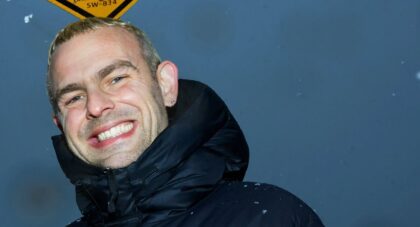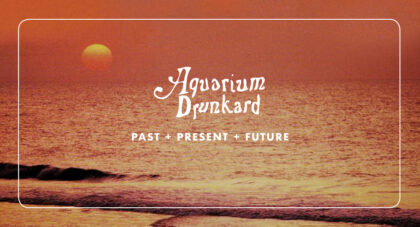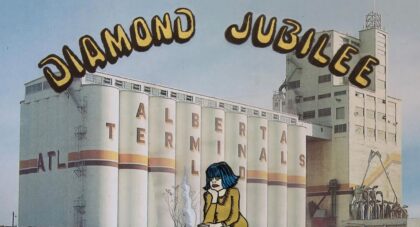It’s tempting to cast Memphis-born guitarist Bobby Whitlock as some sort of Zelig like character hiding in the back of various studios in the early 1970s, while classic albums like George Harrison’s All Things Must Pass, Derek and the Dominos’ Layla and Other Assorted Love Songs, Joe Cocker’s Mad Dogs and English Gentlemen, Delaney and Bonnie’s Home and more were being cut. But Whitlock wasn’t the guy hiding out among strong personalities, acting as a chameleon. He was playing a distinct role in what was going on.
Whitlock was a keen player, and his instinctive ear enabled him to make his presence felt at each session. Walking into stuffed sessions for George Harrison’s “Wah Wah,” featuring Ringo Starr, Billy Preston, Eric Clapton, Pete Ham, Gary Wright and more, Whitlock sat at a Wurlitzer and figured out where he needed to be. “Everyone was playing on the downbeat,” Whitlock drawls over the phone from his home in Austin, Texas. “So I played on the upbeat. It was open. I listened. It was there for me.”
Whitlock speaks in the same sort of metaphysical manner regarding his own solo albums, his debut self-titled effort released in March of 1972 and his second, the one-half rocking/one-half ballad-driven Raw Velvet, released in November of ’72. The two albums have been recently reissued by Light in the Attic’s Future Days Recordings imprint, individually on vinyl and compiled on the comprehensive collection, Where There’s a Will There’s a Way: The ABC-Dunhill Recordings. Both records feature all-star casts. George Harrison, Eric Clapton, Delaney and Bonnie play extensive roles, and some tracks feature the L.A. Symphony performing sweeping arrangements coupled with Whitlock’s husky, soulful voice. There’s a heady blend of sounds on the records, drawing from the American blues-worshiping strength of Clapton and Harrison, the country rock of Delaney and Bonnie, and lessons learned during Whitlock’s young manhood, when Don Nix paired him alongside Donald “Duck” Dunn and Steve Cropper, and he was signed as the flagship artists of Stax’s fledgling Hip Records subsidiary.
And there’s gospel there, too, reflecting an appreciation for sacred sounds that was literally beaten into Whitlock growing up. “It’s like the pebble in the pond,” he says of the records’ legacy, which is only now coming into its own. “The ripples go way out into an ocean of rock ‘n’ roll music. It’s pretty amazing.”
We discussed more.
Aquarium Drunkard: You recorded your self-titled record in the midst of Derek and the Dominos’ dissolution. How did that come about?
Bobby Whitlock: [The Dominos] had our last session together, and there was still time there [left over from the recording sessions]. I went, “Well, why don’t I do my own record, you know?” I thought that to myself. I thought, “Let’s see if I can get everyone to play.” I wanted to get everyone to play on my thing. Carl [Radle] was going to be the bass player, but he had to do something with Leon [Russell]. Had I waited…for him to finish his project with Leon, the whole album would have been Derek and the Dominos with me singing. Klaus [Voorman] is on some of it; Delaney’s [Bramlett] playing bass on some of it. It’s a document. Pat Thomas, who put [the reissued collection for Light in the Attic] together told me once, it was “the thread,” the continuity, that linked all these records: Delaney and Bonnie, Derek & the Dominos, All Things Must Pass, Mad Dogs and English Gentlemen, The Rolling Stones; it linked all these things together. I hadn’t really given it much thought, but he’s absolutely right. It goes on and on, to Dr. John to Fleetwood Mac through Rick Vito [who also plays on Whitlock’s second LP, Raw Velvet.
Only the good shit. Aquarium Drunkard is powered by its patrons. Keep the servers humming and help us continue doing it by pledging your support.
To continue reading, become a member or log in.


